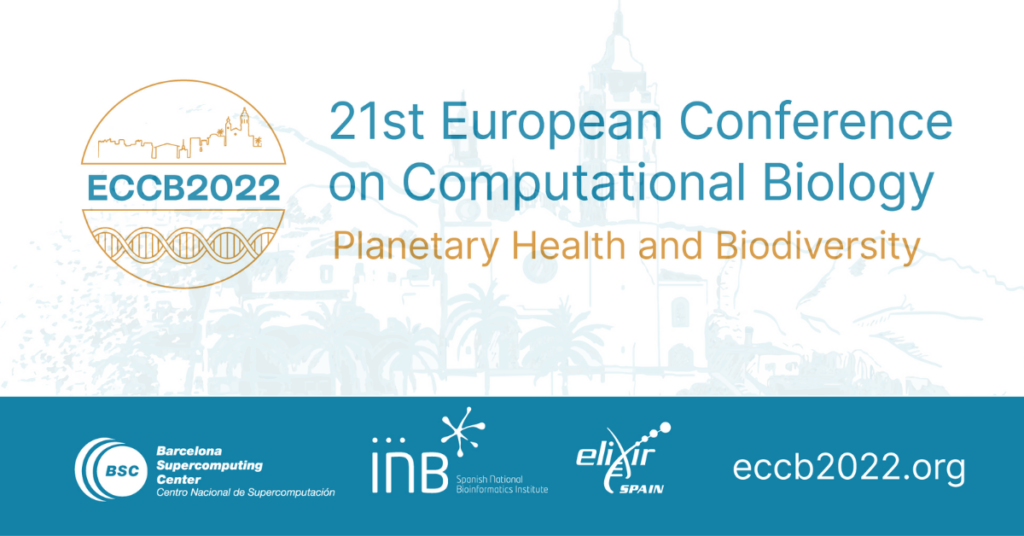Online workshop
13th September, 13.30h – 16:30h CEST
Part of the 21st European Conference on Computational Biology
DEADLINE EXTENDED! 21st August
Topic of the online workshop
The aim of the workshop is to bring together researchers working in computational systems biology and High-performance computing (HPC) to foster novel developments at the interface of these fields.
Choose the track “NTB-W03 | Simulating cellular behaviours: advancing HPC-enabled Computational Biology”
DEADLINE 21st August
Who can apply?
We aim to bring together researchers that develop or employ methodologies and tools for data analytics, modelling and/or machine learning focusing on simulating cellular behaviours. The focus will be on identifying ways to combine HPC-based methods to scale up computation with mechanistic and statistical modelling to build predictive dynamical models.
Keynote speaker
Dr Elana J. Fertig
Director of the Research Program in Quantitative Sciences, Co-Director of the Convergence Institute and Associate Director of Quantitative Sciences at the Johns Hopkins Kimmel Cancer Center.
About this workshop…
High-Performance Computing (HPC) environments are fundamental infrastructures in current research communities. They are becoming an essential tool in many different fields like climate prediction, engineering simulations or material science, among others, due to their ability to power up data analysis, storage and large-scale processing.
In Computational Biology, HPC has been crucial for storing, processing and analysing the exponentially growing amount of biomedical data provided by the new sequencing technologies. These resources paved the way for novel modelling tools that yielded results in a wide variety of biomedical applications, including cell fate, chromatin dynamics, genome integrity, molecular pathways and tissue simulations. The use of these tools in combination with clinical data provide a unique and valuable description of aberrant molecular features behind complex diseases, like cancer or infections. In this context, new computational tools have been designed to properly leverage HPC resources and address more realistic scenarios. Scaling up the tools’ scope usually allows for the integration of different data types, but also requires using model parameterization and optimization techniques to deal with the higher number of parameters.
HPC benefits such approaches either by offering the opportunity to use shared memory or parallel processes to address complex problems. Another aspect is the development of workflows and infrastructure to ease the parallelisation of otherwise sequential code and use of tools for model parameterization and exploration. These ongoing developments will shape future directions, essential to solving challenging paradigms in personalised medicine and drug design or drug repurposing, to name a few.
Choose the track “NTB-W03 | Simulating cellular behaviours: advancing HPC-enabled Computational Biology”
DEADLINE 21st August






